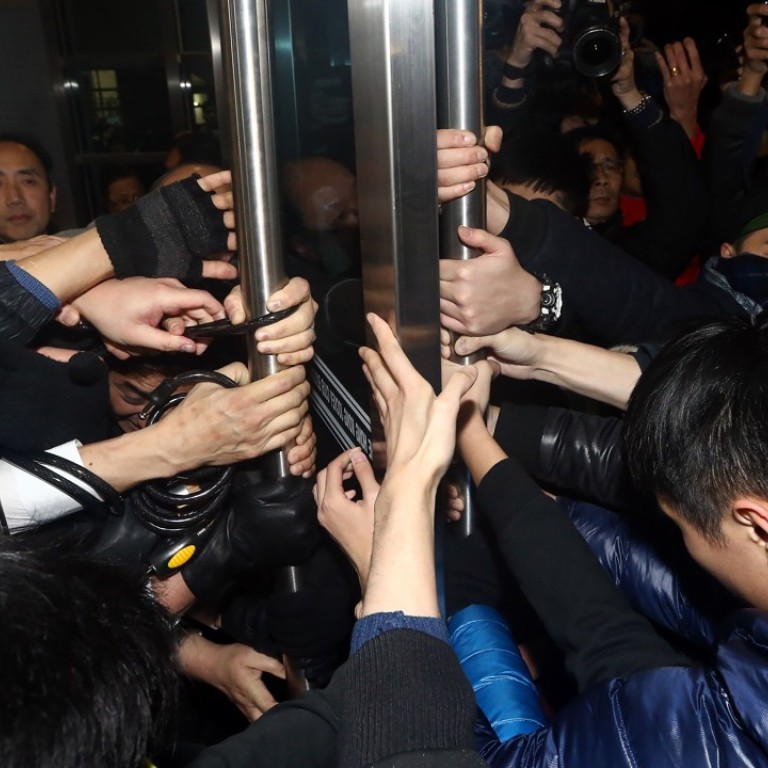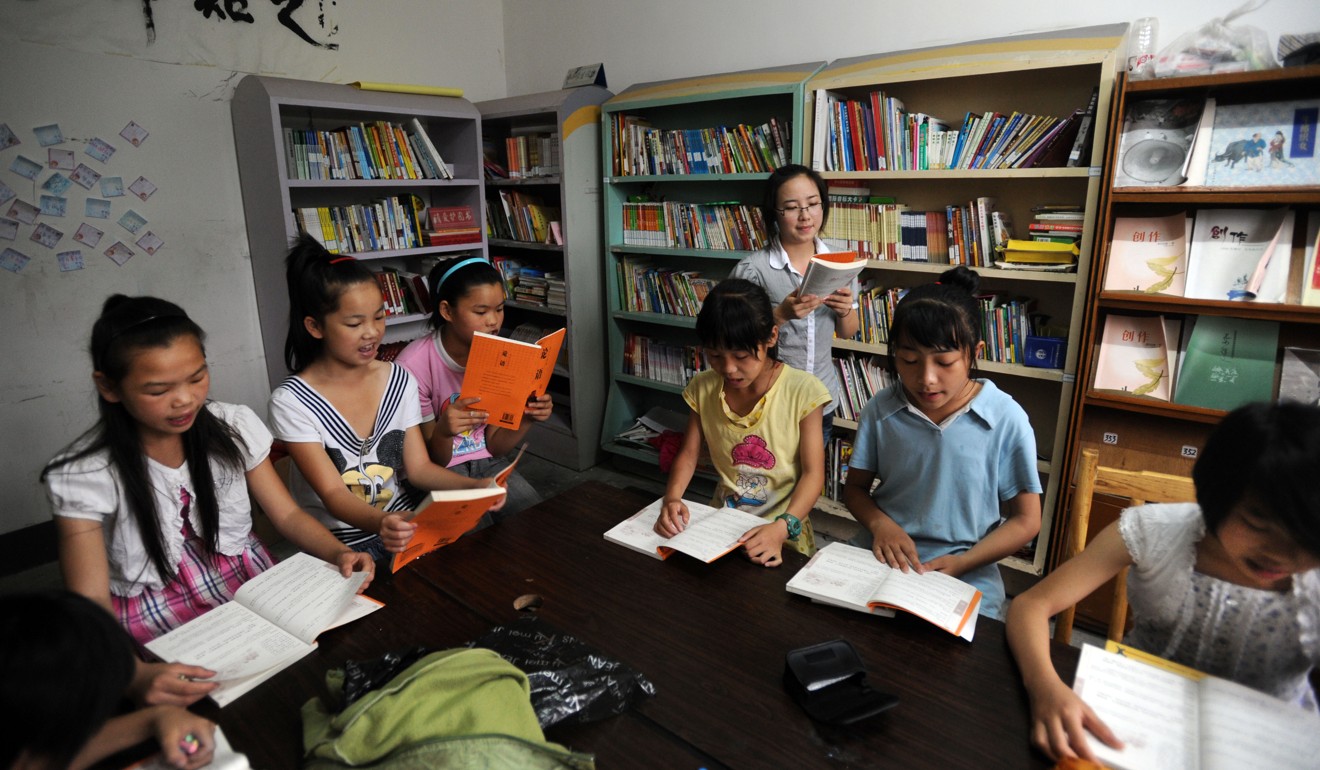
There’s hope for Hong Kong’s youth, if they can look beyond themselves and help others
Ken Chu says he’s not yet ready to give up on our university students despite their latest rowdy behaviour and suggests that working with the underprivileged might give students new perspectives
The value of a university degree has depreciated sharply over the years. The number of full-time bachelor degree graduates has risen almost 50 per cent in the past 20 years but their median monthly income has fallen by about 10 per cent during the same period, according to a study published last year.
Respect between Hong Kong university students and teachers? Ex-head of Lingnan says rankings fixation ended this
I admit that our young people face tremendous challenges, but being frustrated does not give one licence to violate the law or to be rude. There are certain lines that should not be crossed in a civilised society. Disrespecting another human being and the law, dishonouring one’s own family and country are some of these lines.
Baptist University Mandarin row boils over
Respecting your teachers is an integral part of Chinese traditional values. More than 2,400 years ago, Confucius not only taught us the need to respect our teachers but also many other virtues – such as benevolence, filial piety, honesty, humility and compassion – needed to live a cultured and righteous life. Confucius taught us the basic criteria for being a decent human being – being honest with ourselves, kind to others, and humble in seeking knowledge.
University study finds Hong Kong teenagers can be materialistic, self-centred and distrustful of the government
To err is human. If one is truly remorseful for one’s wrongdoings, one deserves a second chance. It seems that because of their limited experience and sometimes youthful impulsiveness, young people tend to make silly mistakes growing up.
I am convinced that only a handful are bullheaded while the majority are bright, hardworking, intelligent and reasonable
Because they still have a long way to go, they should be given a second chance. I have yet to give up hope on our young people. I am convinced that only a handful are bullheaded while the majority are bright, hardworking, intelligent and reasonable.
Didn’t we act impetuously once when we were young? If we never had passion for something, we were never young.
If business ethics can be taught in MBA programmes, why not introduce general ethics courses at our universities? Indeed, Stanford University requires all undergraduate students to take courses that will enable them to be responsible global citizens, including a course on moral and ethical reasoning.

However, I suspect that this model might not work because students might see this as just another course to tackle without immersing themselves in the deep meaning of ethics.
Dr Ken Chu is group chairman and CEO of the Mission Hills Group and a National Committee member of the Chinese People’s Political Consultative Conference

